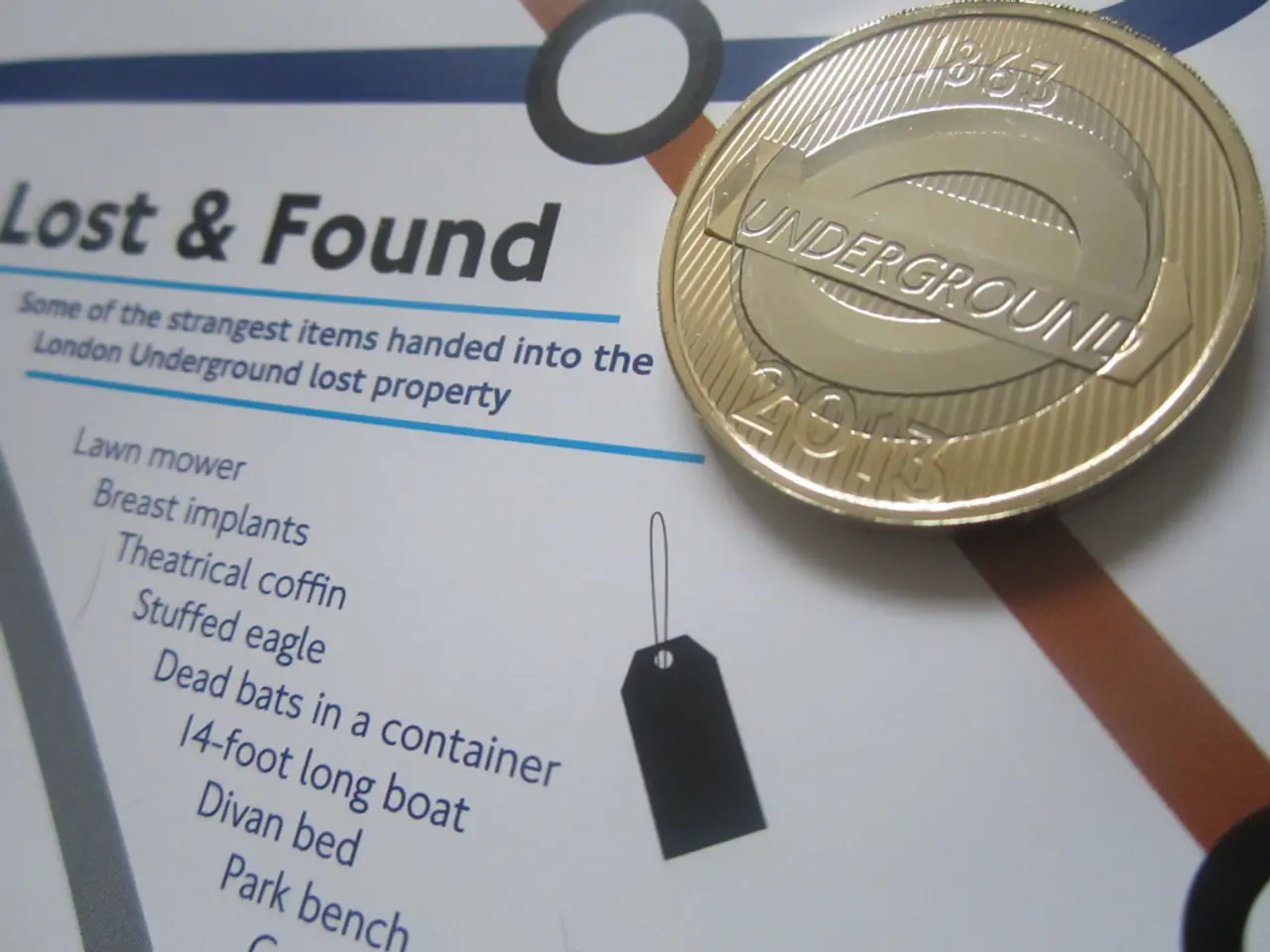Fiserv Introduces Bank-Focused Stablecoin in Financial Market
Fiserv, a leading global provider of financial services technology, has announced the launch of its new stablecoin, FIUSD. Positioned as a bank-friendly digital asset, FIUSD aims to bridge the gap between traditional banking and the rapidly evolving world of blockchain technology.
Integrated into Fiserv’s existing banking and payment platforms, FIUSD offers seamless access to around 10,000 financial institution clients and six million merchants processing 90 billion transactions annually. This integration is made possible by the stablecoin's utilization of the high-throughput Solana blockchain, known for its fast transaction speeds and low fees, making it suitable for consumer-facing payments that require real-time settlement.
FIUSD is designed to be interoperable with leading stablecoins such as USDC and PYUSD, thanks to partnerships with Paxos and Circle Internet Group. This interoperability enables frictionless movement between different stablecoins across wallets, exchanges, and payment platforms, enhancing liquidity and user experience.
Compliance and risk management are key concerns for traditional financial institutions, and FIUSD addresses these issues with built-in features like fraud monitoring, risk management, and settlement controls. Fiserv is also investigating the use of deposit tokens that retain stablecoin benefits but offer a more capital-efficient structure for banks, potentially broadening stablecoin adoption in traditional finance.
Fiserv plans to enable FIUSD at no additional cost to its clients, facilitating adoption and integration. The company's COO, Takis Georgakopoulos, stated that the launch of FIUSD is part of Fiserv's focus on delivering state-of-the-art innovation, efficiency, and choice to its partners through cloud-native banking and merchant platforms.
The announcement comes a week after the US Congress passed the GENIUS Act, which will serve as a foundation for US banks to participate in a regulated digital asset ecosystem. With FIUSD, Fiserv could set a new benchmark as a bank-grade DeFi provider, making it possible for banks to participate and compete in the tokenized financial ecosystem.
Sunil Sachdev, Head of Embedded Finance at Fiserv, expressed excitement about collaborating with clients and partners on modernized financial experiences. He further stated that FIUSD represents a convergence of traditional banking infrastructure and blockchain innovation, positioning community banks and financial institutions to participate in the evolving digital dollar ecosystem.
The rapid expansion of stablecoins and tokenized deposits in traditional banking and payments is anticipated by Fiserv. The company recently acquired Australia-based payment facilitator Pinch Payments and is also evaluating the use of tokenized deposits as an alternative to stablecoins.
With its global network, FIUSD is expected to scale quickly, offering immediate scale and fostering the creation of new digital products and services within a trusted financial ecosystem. This move by Fiserv underscores its commitment to innovation and its role as a pioneer in shaping the future of financial services.
[1] Fiserv Press Release, "Fiserv Announces New Stablecoin, FIUSD, Designed for Financial Institutions," 2023. [2] CoinDesk, "Fiserv Launches Bank-Friendly Stablecoin FIUSD," 2023. [3] The Block, "Fiserv's New Stablecoin FIUSD Aims to Bridge Traditional Banking and Blockchain," 2023. [4] Yahoo Finance, "Fiserv's FIUSD Stablecoin: A Game Changer for Traditional Finance?" 2023.
Businesses in the financial sector are increasingly recognizing the potential of embedded finance, with Fiserv leading the way in this regard with the launch of its new stablecoin, FIUSD. Positioned as a bank-friendly digital asset, FIUSD aims to bridge the gap between traditional finance and the rapidly evolving world of technology, particularly blockchain technology.
Integrated into Fiserv’s existing banking and payment platforms, FIUSD offers seamless access to around 10,000 financial institution clients and six million merchants processing 90 billion transactions annually, thanks to its utilization of the high-throughput Solana blockchain. This integration positions Fiserv as a player in the evolving digital dollar ecosystem, making it possible for banks to participate and compete in the tokenized financial ecosystem.




